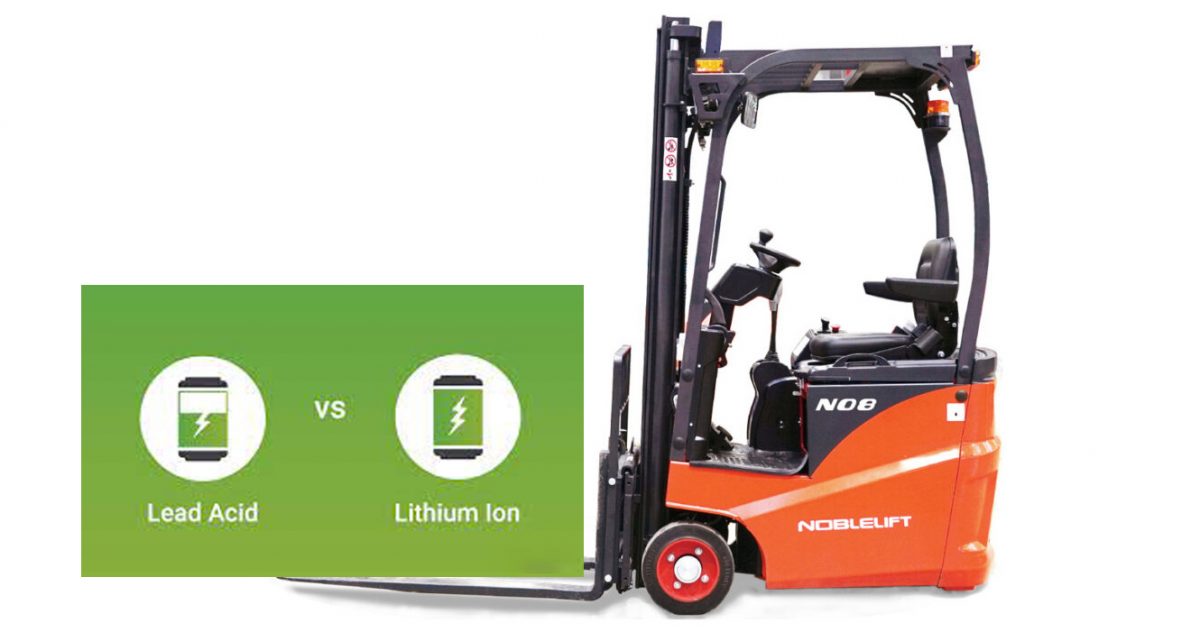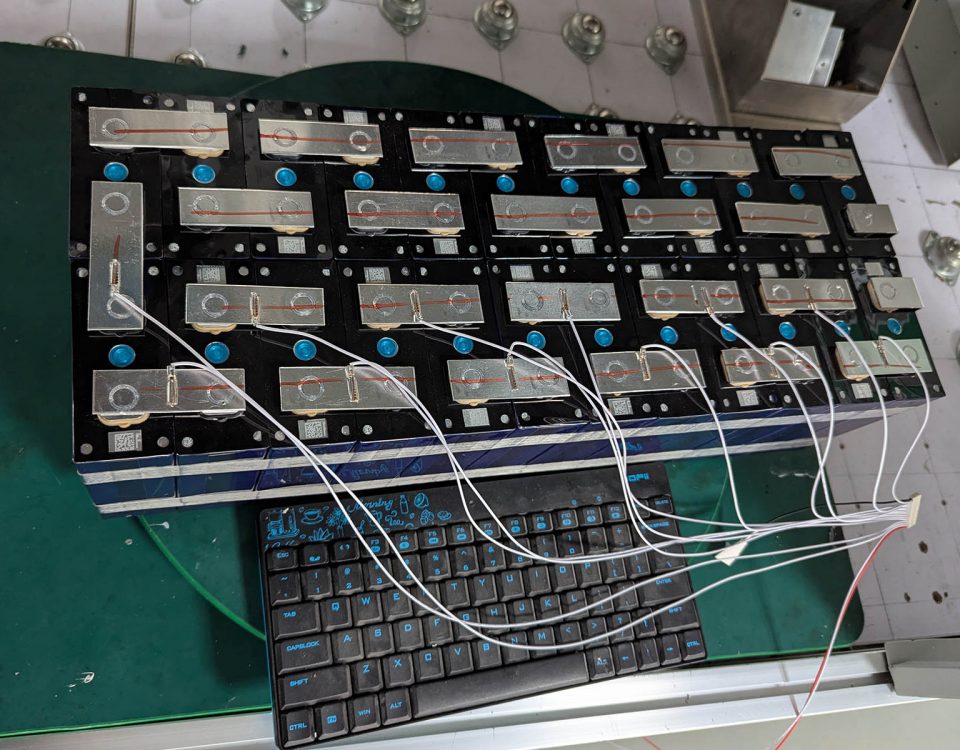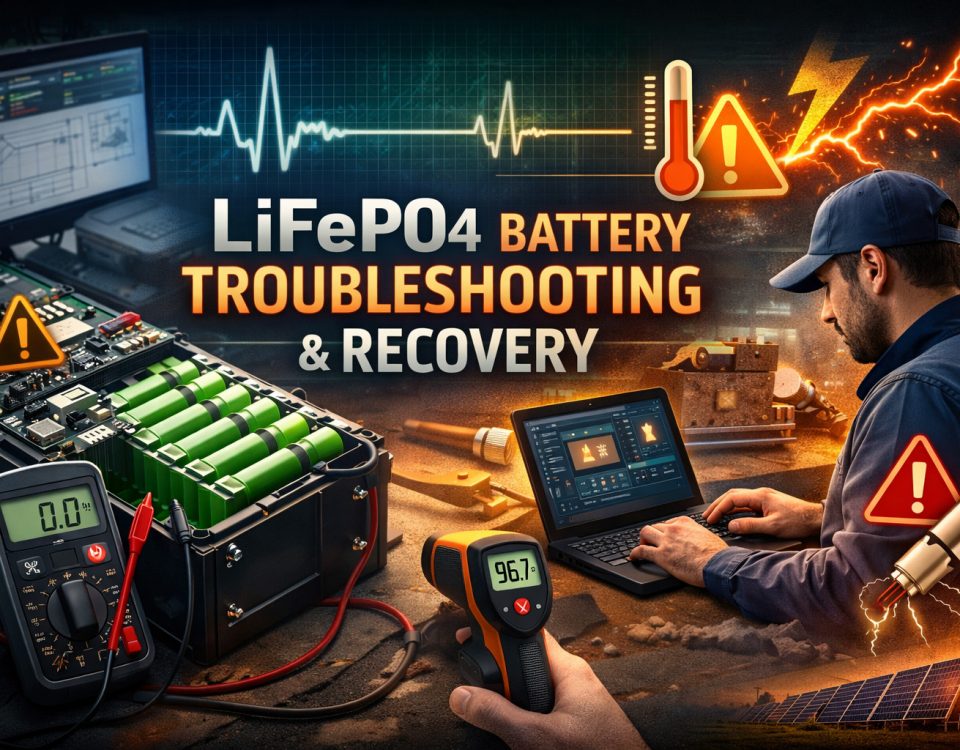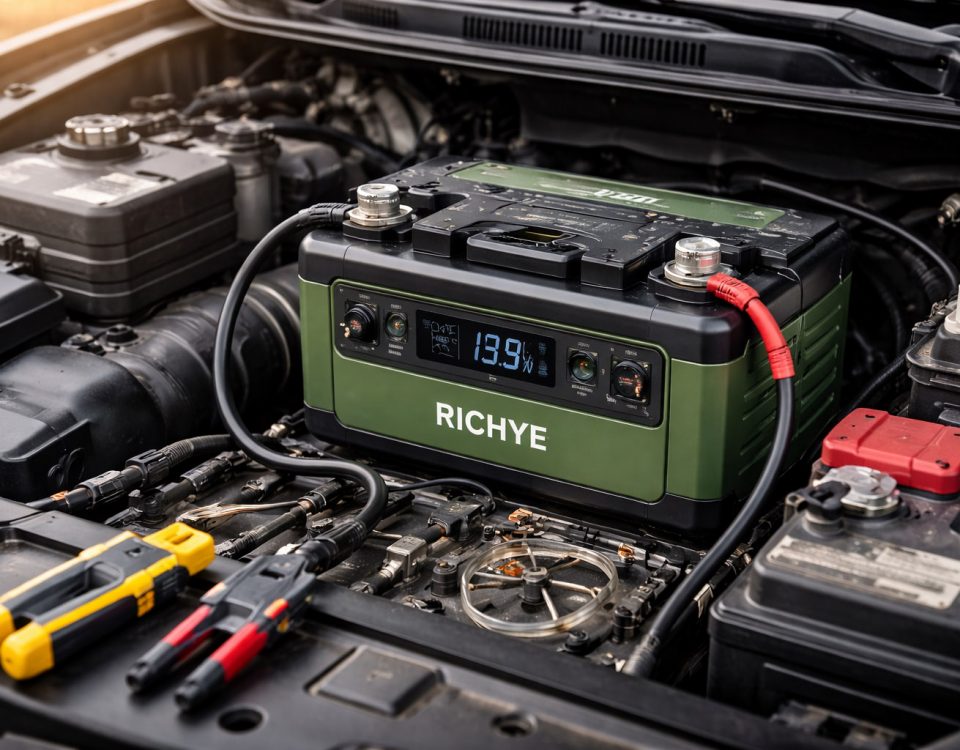Electric forklifts have become a staple in warehouses and industrial environments due to their efficiency and eco-friendly operation. A crucial component of these forklifts is their power source, and choosing the right battery type can significantly impact performance, cost, and overall operational efficiency. In this article, we will explore the types of batteries used in electric forklifts, the challenges associated with lead-acid batteries, and the advantages of switching to lithium-ion batteries.
Which Type of Battery Do Electric Forklifts Use?
Electric forklifts predominantly rely on two types of batteries: lead-acid and lithium-ion. Traditionally, lead-acid batteries have been the standard choice due to their lower upfront cost and long history of use. However, as technology advances and operational needs evolve, lithium-ion batteries are becoming increasingly popular for their superior performance and benefits.
Challenges of Lead-Acid Batteries
1. Limited Lifespan and Frequent Replacement
Lead-acid batteries generally have a shorter lifespan compared to their lithium-ion counterparts. Typically, a lead-acid battery lasts between 1,000 to 1,500 charge cycles. This limited lifespan means more frequent replacements, leading to increased long-term costs and potential disruptions in operations due to battery downtime.
2. Longer Charging Times and Downtime
One of the significant drawbacks of lead-acid batteries is their charging time. Full charging can take up to 8 hours, and due to the slow charging process, forklifts often require multiple shifts to complete charging. This extended downtime can hinder productivity and require careful scheduling to ensure that forklifts are available when needed.
3. Maintenance and Watering Requirements
Lead-acid batteries require regular maintenance, including watering to prevent electrolyte levels from dropping. This maintenance not only adds to the operational workload but also introduces the risk of spills and handling issues. The need for frequent maintenance makes lead-acid batteries less convenient for modern operations.
4. Environmental and Safety Concerns
Lead-acid batteries contain toxic materials like lead and sulfuric acid, which pose environmental and safety risks. Proper disposal and recycling are required to mitigate these risks, adding complexity to battery management.
Why Transition to Lithium-Ion Batteries?
As businesses seek more efficient and cost-effective solutions, lithium-ion batteries have emerged as a superior alternative to lead-acid batteries. Here are some compelling reasons to consider making the switch:
1. Enhanced Performance and Longer Lifespan
Lithium-ion batteries offer a significantly longer lifespan, typically lasting between 3,000 to 5,000 charge cycles. This longevity translates into fewer replacements and lower long-term costs. Additionally, lithium-ion batteries provide consistent performance throughout their lifespan, ensuring that electric forklifts operate efficiently.
2. Faster Charging and Reduced Downtime
One of the most significant advantages of lithium-ion batteries is their fast-charging capability. A lithium-ion battery can be charged in as little as 1 to 2 hours, compared to the 8-hour charging time of lead-acid batteries. This rapid charging minimizes downtime and allows forklifts to be back in operation quickly, boosting overall productivity.
3. Minimal Maintenance and Increased Safety
Lithium-ion batteries require minimal maintenance compared to lead-acid batteries. They do not need regular watering and are sealed, reducing the risk of spills. Moreover, lithium-ion batteries are equipped with advanced Battery Management Systems (BMS) that monitor and protect the battery, enhancing safety and performance.
4. Environmental Benefits
Lithium-ion batteries are more environmentally friendly than lead-acid batteries. They do not contain toxic materials and are more easily recyclable. This aligns with growing corporate sustainability goals and reduces the environmental impact of battery disposal.
RICHYE: Leading the Charge in Lithium-Ion Battery Technology
RICHYE stands at the forefront of battery innovation, specializing in the development and manufacturing of high-performance lithium-ion batteries. Our products are designed to meet the highest standards of quality, performance, and safety, making them an ideal choice for electric forklifts and other applications.
As a trusted battery manufacturer, RICHYE offers a range of lithium-ion batteries that deliver superior energy density, rapid charging capabilities, and long-lasting performance. Our commitment to excellence ensures that you receive not only high-quality products but also exceptional value and reliability. We welcome partnerships and consultations to help you find the best battery solutions for your needs.
Conclusion
In summary, while lead-acid batteries have served electric forklifts well in the past, the modern demands of efficiency, reduced downtime, and sustainability make lithium-ion batteries the superior choice. Transitioning to lithium-ion technology offers numerous benefits, including longer lifespan, faster charging, minimal maintenance, and environmental advantages. For businesses looking to enhance their operations and reduce costs, lithium-ion batteries present a compelling solution.




